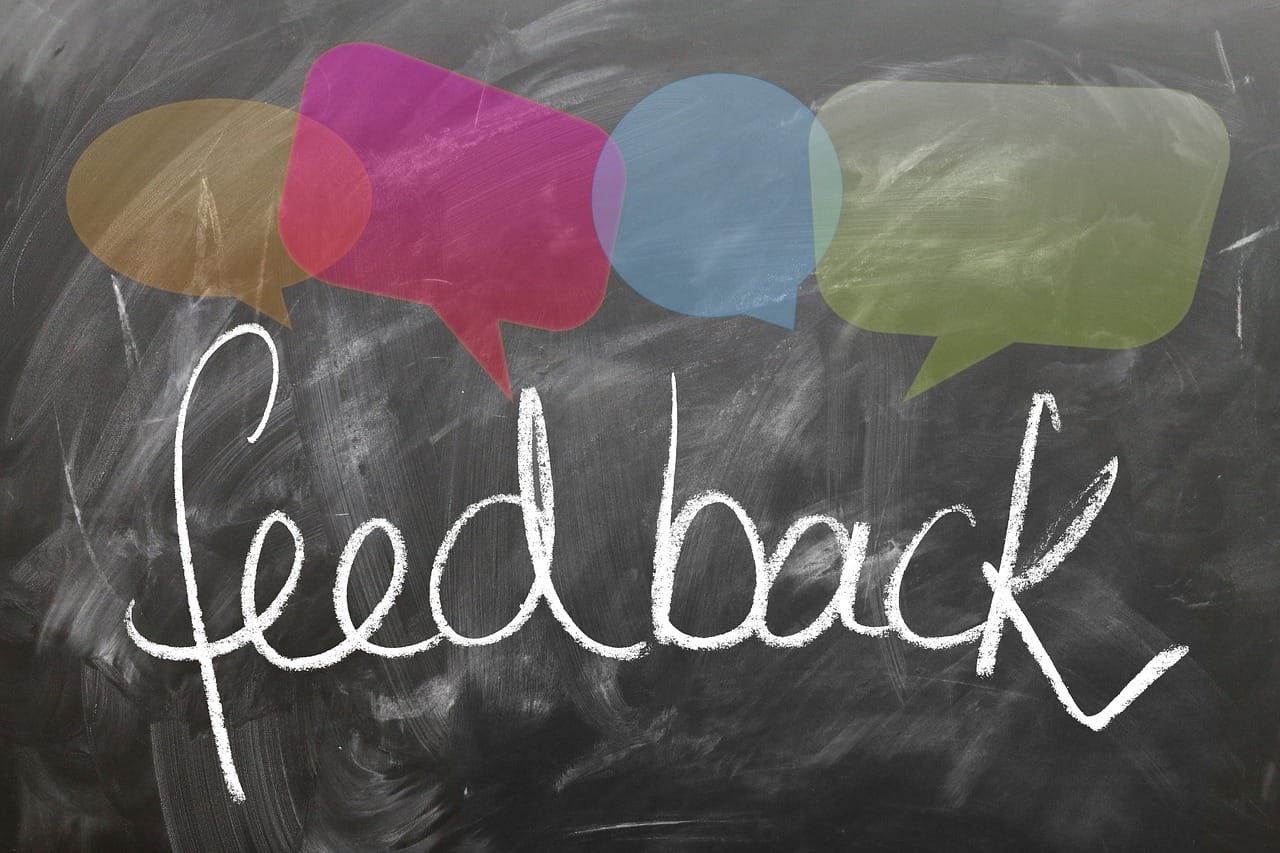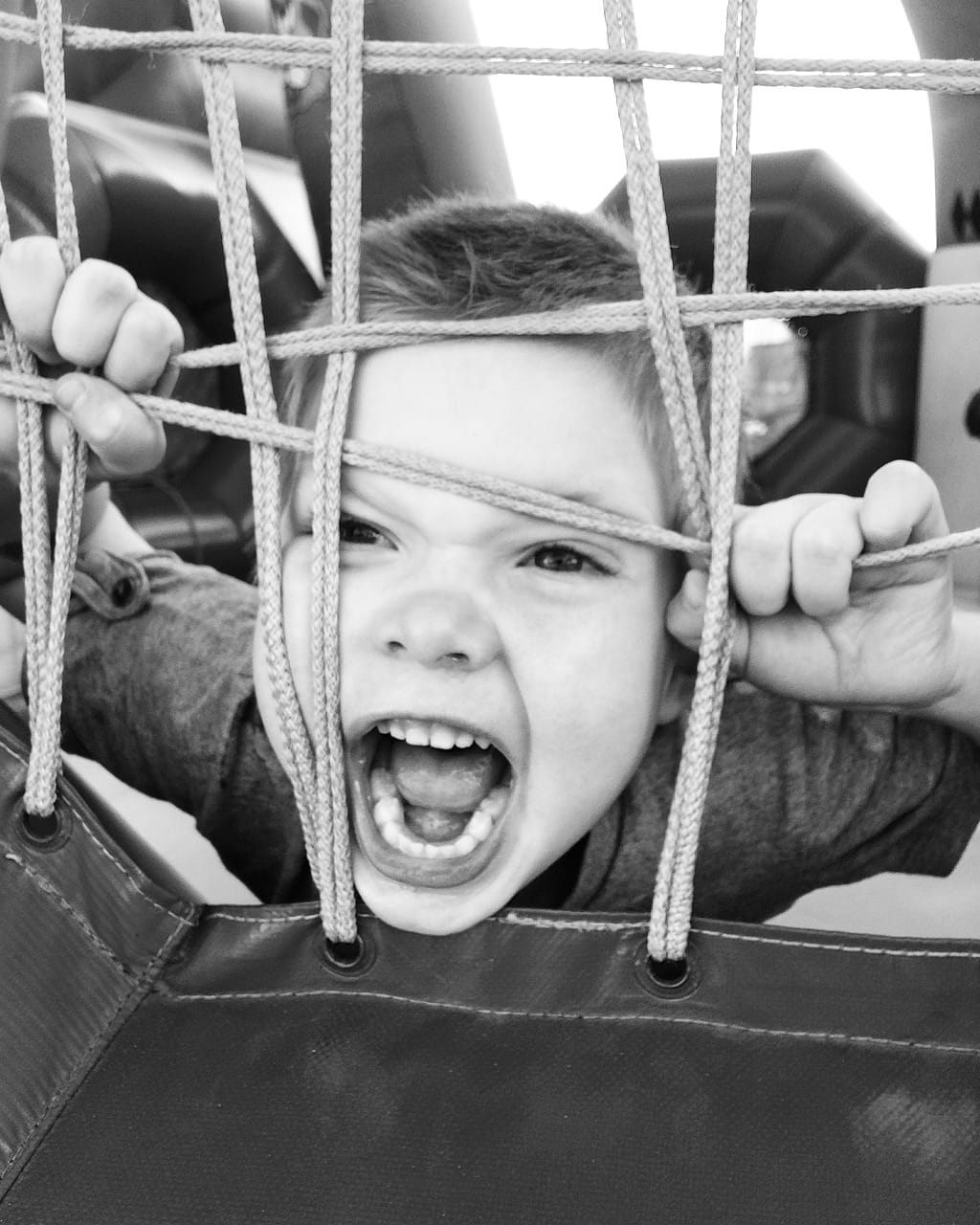Parenting Goals
Explore actionable tips for improving your parenting in 2024, from self-work and co-regulation to fostering fun and meaningful connections with your child.
Welcome to 2024! I truly hope it is going well for you so far.
I’m so glad you’re here. Thank you to every person who has sent in a query or made contact through the website. For a little while (starting hiccups of the new website), I might have missed a communication or two. If you tried to contact me and I haven’t responded, please try again.
Onwards and upwards into 2024 and today’s blog.
What is my plan to become a better parent in 2024?
I’ve been thinking about this a lot. In our household, we are now parenting two adolescents and things are different, theyare different. I can no longer base my parenting on what I relied upon in the past. I’m not the same either; I’ve changed and (hopefully) grown in the past year through experiences I’ve been through, knowledge I’ve gained, and self-work* I have done.
Define “being a better parent” for you
In order to become a better parent, we cannot simply wish it so, although it’s great to begin with an intention. What does “being a better parent” mean to you?
If you were to picture yourself at your child’s age and imagine the ideal mom or dad parenting you, what would they be like towards you? How would it feel for you? Make a list of attributes and actions this ideal parent has. Pick one that appeals to you and decide to work on it.
Ask for feedback
If your child is a little older, you can ask them for feedback. “Do you have any feedback for me as a parent?” or “Are there ways I can be a better parent to you?” Be prepared to listen without interrupting or making judgments or getting defensive. We asked our children this during the holidays, and it resulted in one of them venting some emotions. It gave us a clear indication of unresolved stuff that we need to work on.

Update your information
Every year (or month, or week!) your child’s body grows. You don’t try and make your child with size 5 feet fit into last year’s size 4s; you buy new shoes. Your child is changing in their thinking, evolving into a whole new person as time goes by, and you need to keep updating your information about who they are becoming as they grow. I worked with a parent of an 8-year-old boy who parented him as if he were still a 4-year-old. This parent knew how to deal with a 4-year-old; they desired to have a small child on their lap to read to. This made the parent feel safe and comfortable and in control. They struggled to accept the massive changes and different needs of their middle school child. Thus, there was a disconnect between this parent and child as the parent struggled to update their information about who their child was.
Updating your information includes asking your child about what’s new for them, what they’re enjoying creating, and what questions they’ve been holding in their minds. They might not be able to put it all in words; don’t expect them to. But it’s important they know you’re curious without being intrusive. Be an observer, be a listener, and update your information about your child so that you can become a more responsive parent.
Better parent or “better child”?
Often, we believe that children are the ones who need to make a change first. “If she would just listen to me the first time, I wouldn’t lose it.” We make our behaviour contingent on our child’s behaviour. But actually, we are the adults (difficult truth right there!). We are the ones who have fully formed brains; we can train ourselves to engage in our thinking brain, which helps us with clear thinking, reasoning, logic, and creativity. Our children cannot do this most of the time, yet. But the more we take responsibility for regulating ourselves, the more we can work with them even in difficult situations to co-regulate with them.
Co-regulation is when a parent or caregiver uses their voice, facial expression, and bodily posture to communicate love, acceptance, and understanding to a child in a moment of need or when they are experiencing “big feelings.” This enables a child to feel heard and understood, to feel they are not alone in that moment and that someone is available to help contain their overwhelm.

So, here is an example of something new I have learned this past year. When your child is having a tantrum or meltdown, or just in general “losing it,” being whiny, or whatever, the goal of the parent is not to be calm. The goal of the parent is to connect with themselves in that moment.
Lisa Dion says “Calm is not the point. Connected to self during any and every experience is the point.
Can children learn to be with themselves when they are anxious, scared, happy, angry, sad.
That’s the point.
That’s emotional intelligence.”
We are human; we cannot always remain calm when our children are going through big feelings, and when we are also experiencing big feelings! I really thought I had to remain calm, always. I didn’t do this perfectly at all, but I felt a guilt about not doing it perfectly. So, this new knowledge is a point of freedom for me that I am continuing to unpack and embrace.
All of this to say: when we as adults do the work and make the effort to be the best we can be, our children see that. They do what we do and not what we say. We don’t change when our children behave better; that is conditional love. We decide to become better parents because we are the adults and we get to choose growth and increasing wholeness for our own sake, as well as for our children’s sake.
Learn from example
Think of someone who you think is a “better parent” than you… it could be their presence and interactions with their children, it could be how much fun they have together, it could be the way their children behave compared to yours makes you feel they’re on to something. Whoever they are, see if you can spend some time with them and observe their parenting a little closer. Remembering that absolutely no one is perfect, but we can all learn from one another.
I run in-person parenting groups called Parent Conversations as well as an online process called Parenting for Connection. Email me, or complete a contact form if you’d like more info. Being in a small group setting is an excellent way to be opened up to new ideas and learning from others.
Have fun!
The number one way of becoming a better parent in 2024 is to play! Have fun with your child. Setting goals and doing the self-work does not mean serious and boring. We often feel deep and meaningful equals heavy, hard work… why? If the only parenting goal you set for yourself this year is that you play more, you’re already winning!
Keep a sense of humour about yourself and your parenting goals process; it will make life so much more enjoyable!

*Self-work: by my own definition is the ongoing work of learning about myself, learning how to manage my emotions and responses so that I am a better person to be with in general. It’s about increasing in self-awareness: who am I and why am I here on earth?